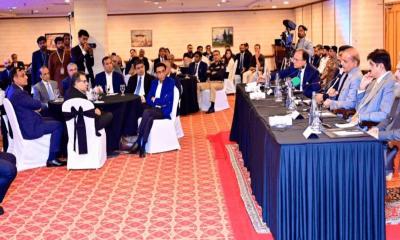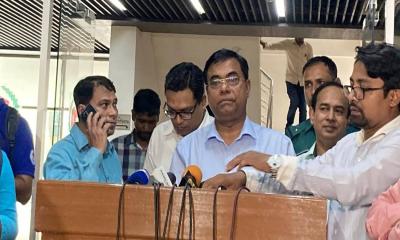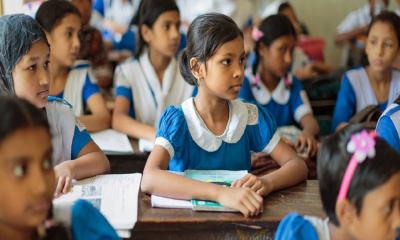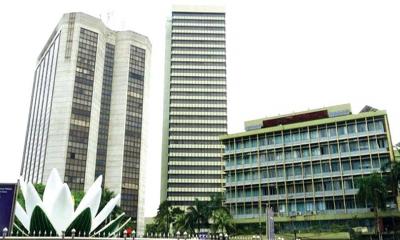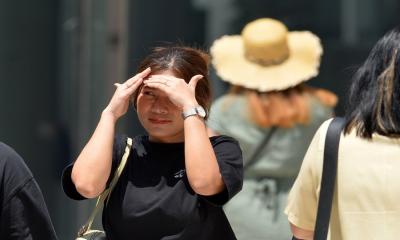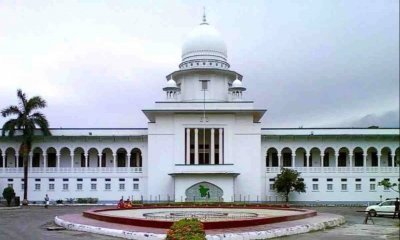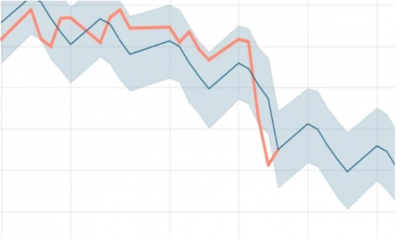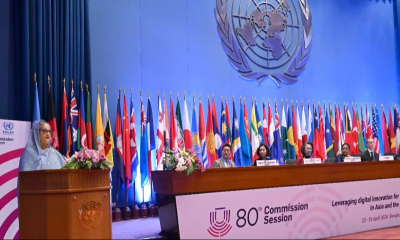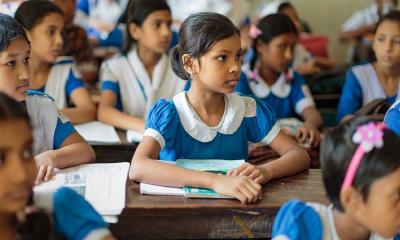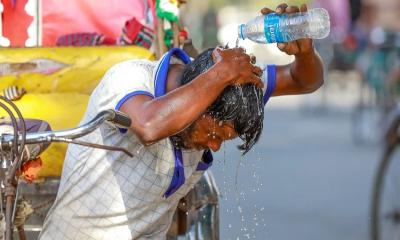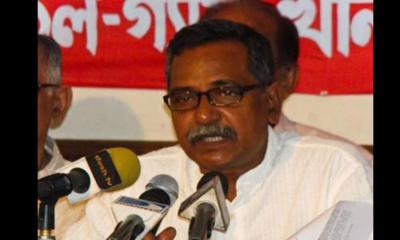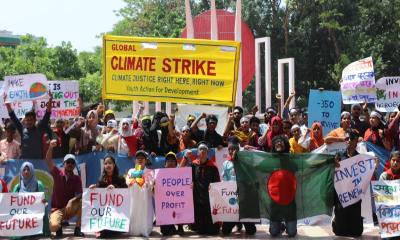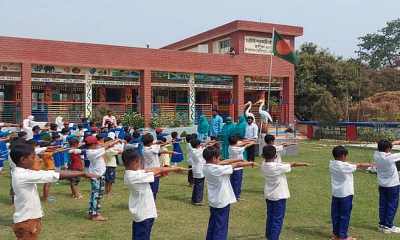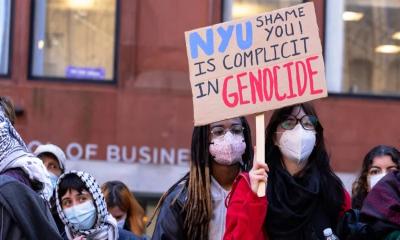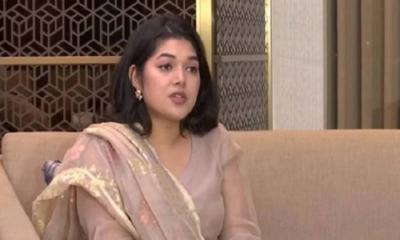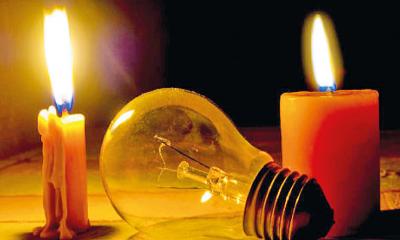Pandemic poverty has certainly taken its toll on the economic health of many countries; however, the heavier burden often falls on the lower income countries. And an even heavier toll falls on financially vulnerable and marginalized women. While period poverty isn’t a new phenomenon, but the pandemic has exacerbated the prevailing disparity in menstrual health.
The World Menstrual Hygiene Day motto for 2021 is ‘Action and Investment in Menstrual Hygiene and Health’. The pandemic is a stark reminder that investment and action in the field of menstrual health is key to address the challenges associated with ensuring healthy period management for women and girls across the world.
According to ICDDR,B, there are an estimated 54 million menstruating women and girls in Bangladesh. However, when a new relief plan is implemented, data is not taken into consideration. That pushes a significant chunk of this demographic into multiple health risks, such as cervical cancer, uterus infection, infertility, even death.
It must be acknowledged, that the government went an extra mile to support economically vulnerable families with tackle the pandemic crisis, however little has been done to provide essential menstrual health supplies to women and girls in both rural and urban areas. The government’s relief package, whether in a pandemic other natural disaster such as cyclones or flash floods, menstrual health essentials are never included.
Menstrual health must be built into emergency COVID-19 health responses: Plan International
Marzia Prova, a reproductive health rights activist and campaign director of Menstrual Hygiene Awareness Programme in Bangladesh (MHAPbd) works with floating communities and teagarden labourers. The activist posits, despite the colossal damage unhygienic menstrual health management does to women’s bodies, menstrual hygiene management was never tagged as ‘public health.’ The reason why there is less emphasis given to menstrual health even in times like the pandemic.
Plan International leaders echo the same concern, “Menstrual health and hygiene management must be built into COVID-19 health responses and whilst lockdowns continue, it should be built into remote learning curriculums,” said Plan International Head of Policy Dr Rosamund Ebdon in a report. Periods don’t stop during a pandemic, but managing them safely and with dignity has become a whole lot harder, the expert added.
Prova’s organization has sent a petition to the Ministry of Health requesting that whenever the government disseminates COVID-19 relief for families affected by the pandemic – menstrual supplies be included in the relief package. Most young girls in rural areas use sanitary pads while menstruating, but with less or no income at all, they can no longer afford to use sanitary napkins. If these families who receive COVID relief are provided with menstrual hygiene essentials, the problem of affordability will significantly be reduced.
Action and Investment in Menstrual Health
This year’s World Menstrual Hygiene Day motto perfectly aligns with the endeavours of Tillotama Sikder, a young politician and one of the masterminds behind the installation of sanitary napkin vending machine at Dhaka University. While speaking to The Report, she said: It’s a shame that even in this era, such taboos and stigmas surround menstruation. It’s disappointing that people still believe that a menstruating woman is impure. The pandemic has only added to the distress; however, I have witnessed charitable organizations come forward and address these challenges in our society. For instance, there are organizations who provided sanitary napkins for just 1 taka and many distributed napkins among the urban poor. That’s certainly one positive impact, now it’s important that the taboos are busted and the continuation of including sanitary products as essential relief item continues. We will be able to go a long way then. When our work was in progress to install the sanitary vending machines at DU along with ACI, there were taunts and discouraging statements from people, but my focus was not just creating access to pads, rather breaking the stigma that surrounds menstruation, she added.
Pandemic or no pandemic – affordability remains a major challenge
In their report titled ‘Periods in a Pandemic,’ published on World Menstrual Hygiene Day last year, Plan International states that “Not only have prices increased, but with the pandemic significantly affecting livelihoods and household incomes, people have less money to buy sanitary products than before the COVID-19 pandemic began, even when products are available.”
The report’s words are a reality for the urban poor women of Bangladesh. Hanufa (38), who works as a domestic help in Dhaka lives with her family in Dhaka Uddyan. She herself uses rags, but started to buy sanitary napkins for her teenage daughter. When the first lockdown was declared, she was immediately left without a job as people did not let any outsider enter their homes in fear of coronavirus transmission. Left without any choice, she and her daughter had to move back to use rags again. In a slum, there is no place to dry rags, so we wash it and leave it in a corner, also if someone sees a blood-stained rag it’s a matter of shame, says Hanufa.
“A lack of access to clean water to wash, toilets with doors for privacy and difficulty disposing of used products are some examples of the challenges that people face in managing their menstrual hygiene in a private, safe and dignified manner, wrote Plan International in their report. The organization suggested government intervention to tackle these challenges, without a massive infrastructure change these problems will persist.
A harrowing situation for marginalized women
Globally, there are several by women’s rights organizations to enact menstrual leave for women. In Bangladesh, for women involved in heavy agricultural or industrial work the situation is tormenting. Living below the poverty line, teagarden workers have to collected at least 22 kgs of tea leaves everyday to survive. They climb high hills even when they are menstruating.
While there is an active force working to ensure reproductive health services for women of tea harvesting communities, such as providing them with condoms, contraceptive pills for providing services for IUDS, but menstrual health awareness did not reach these communities yet. They are still in the darkness, and continue to use rags which they don’t even put in the sun to dry properly. They hide it in the shades of their thatched roof, where the rags are often infected with insects, and fungus.
A paradigm shift needed
It is high time that government and health agencies must address period poverty and period stigma urgently. Mass awareness is needed to educate the public that menstrual supplies are not luxury products, rather they are essential goods. And importantly, adequate funds must be allotted for covering women’s sexual and reproductive health. Relief packages, rations need to include menstrual items, after all inclusivity is the key. The period conversation must not go unheard!

